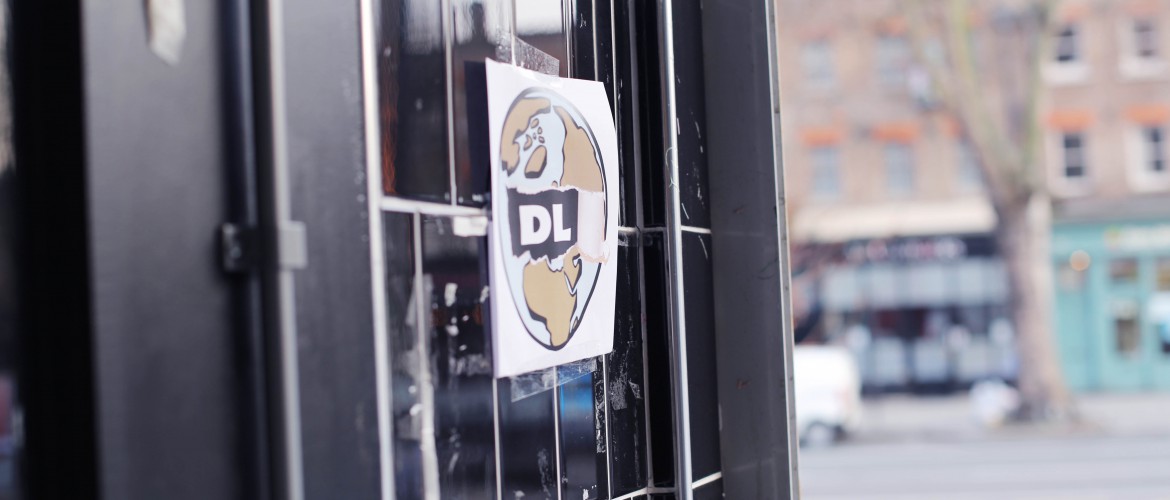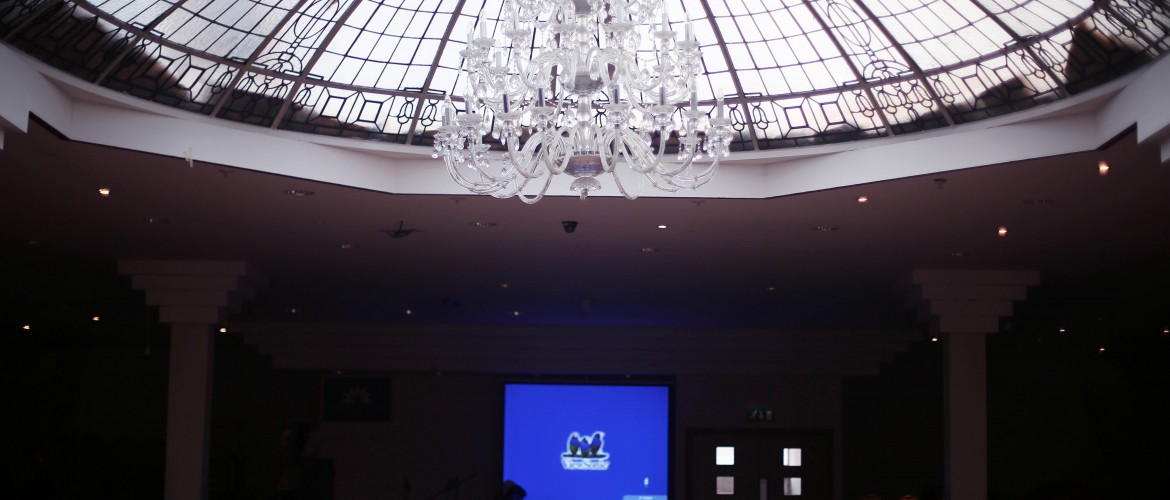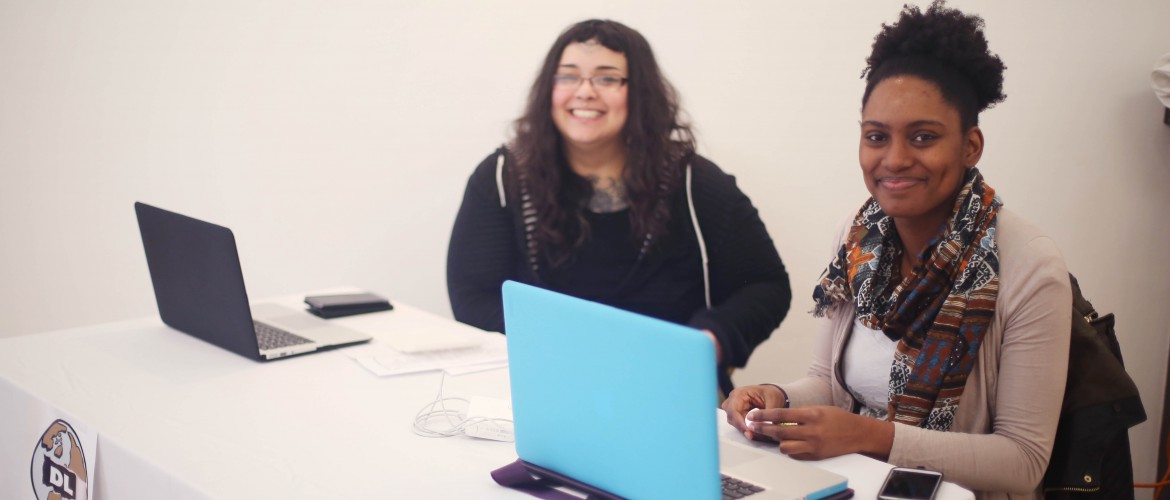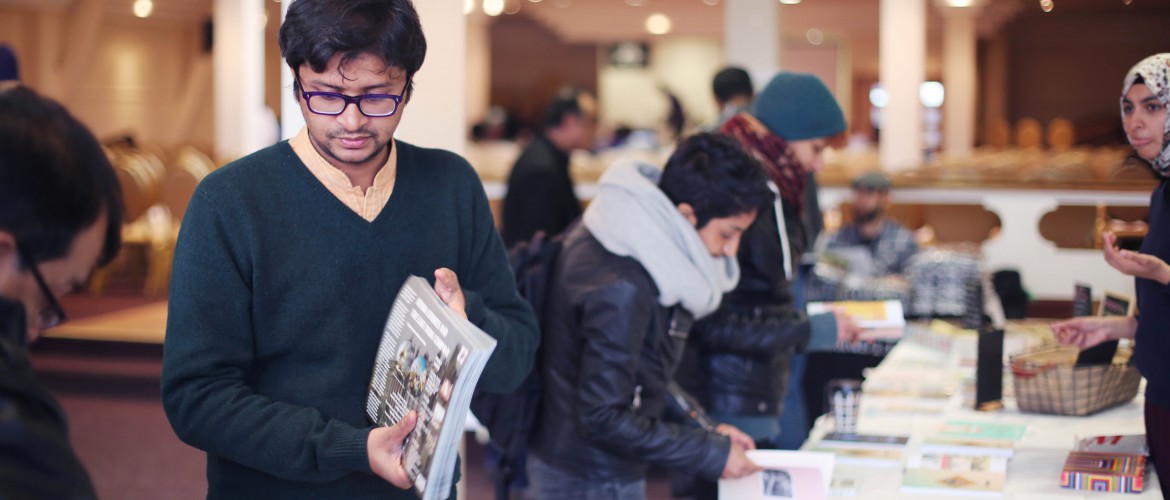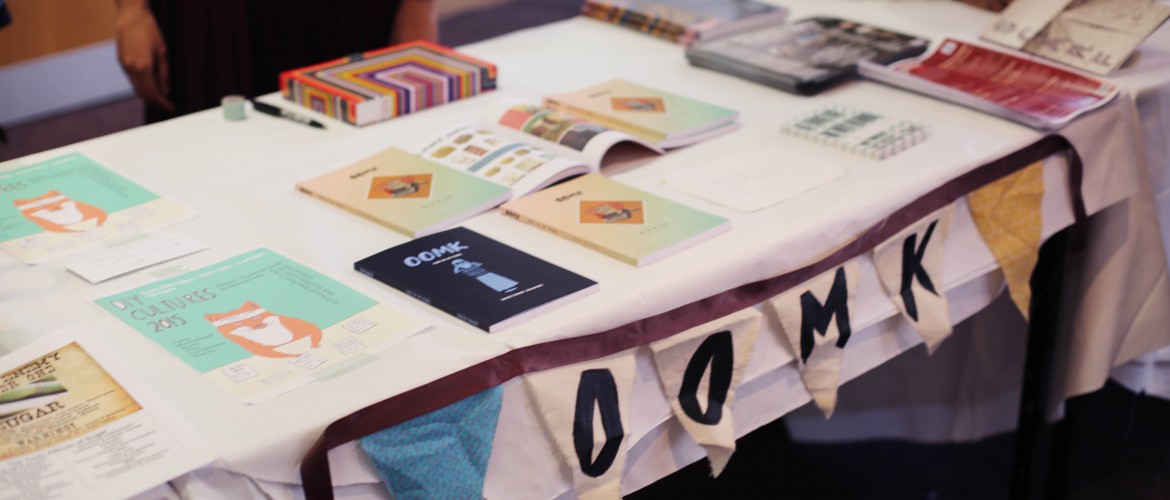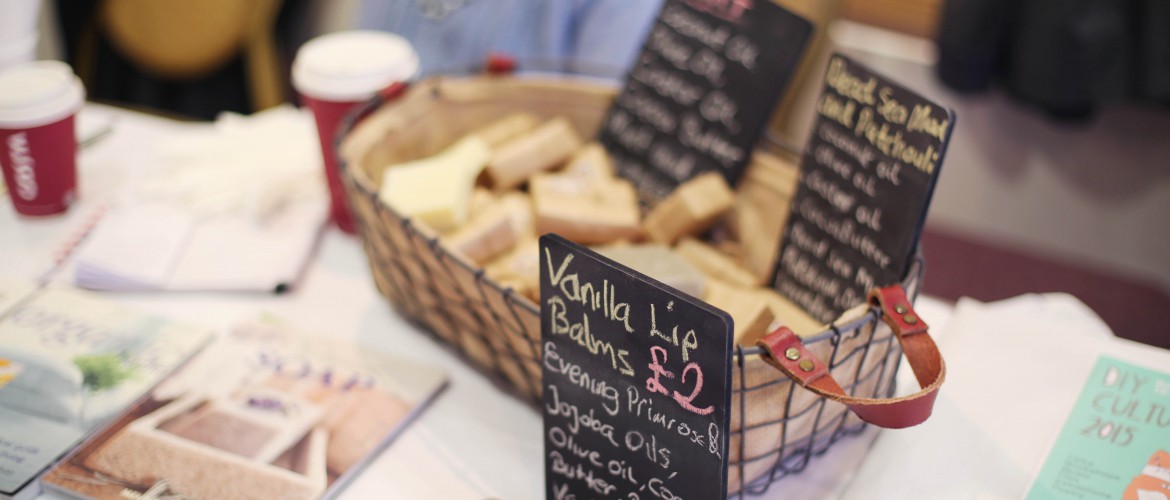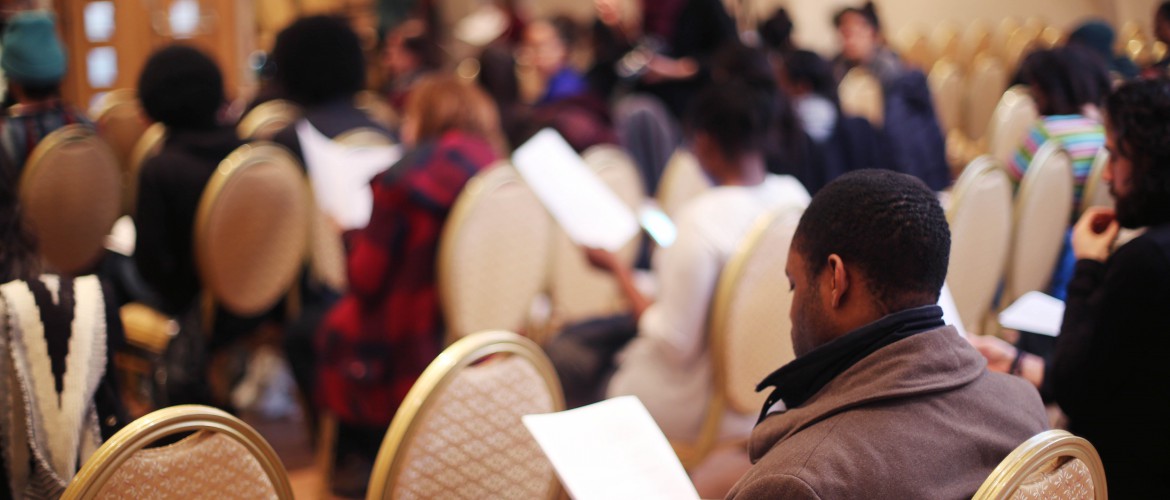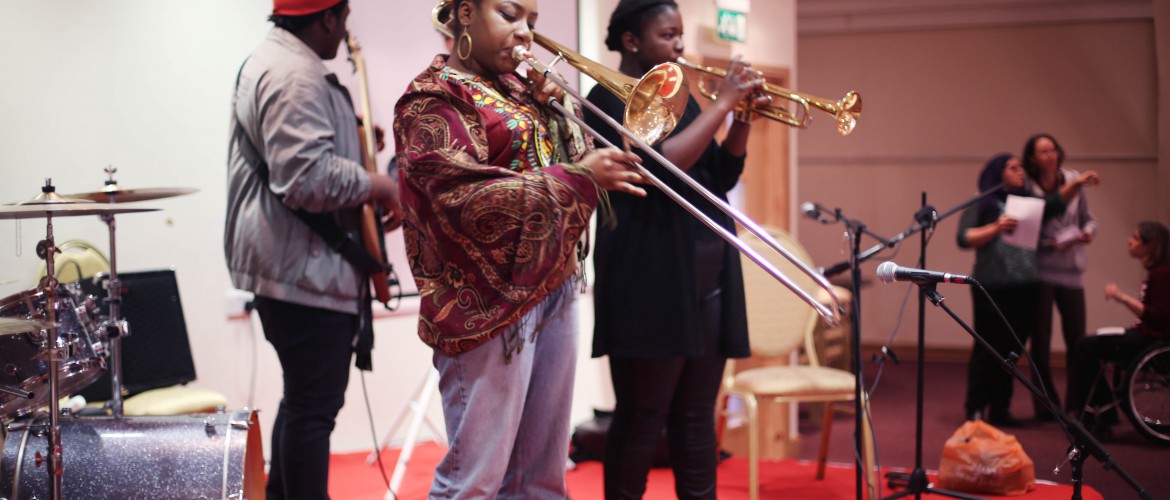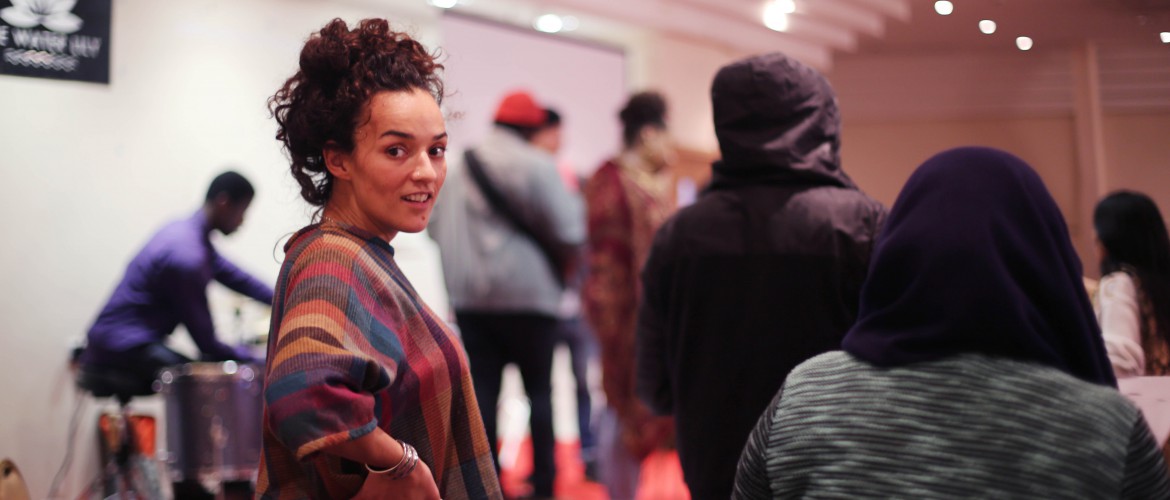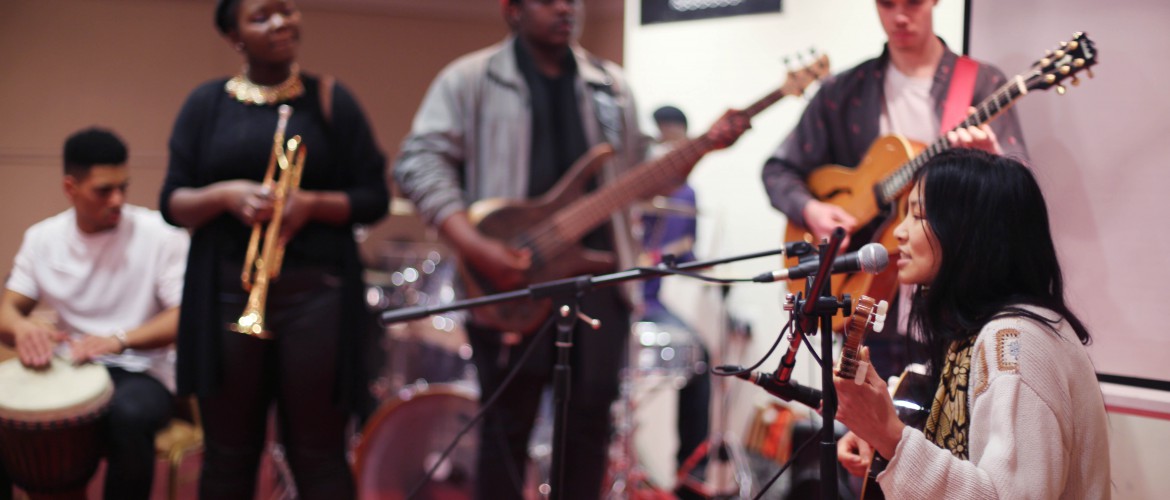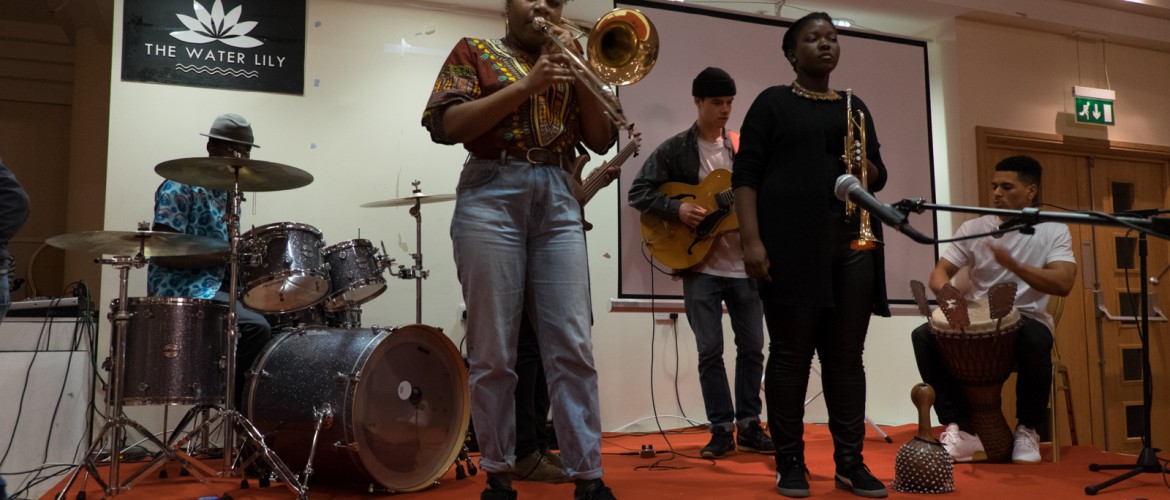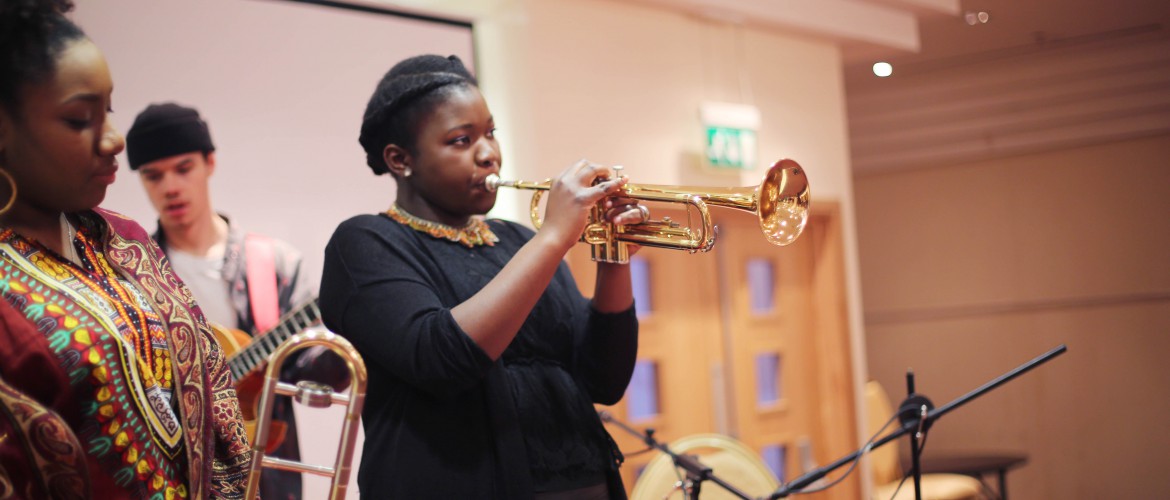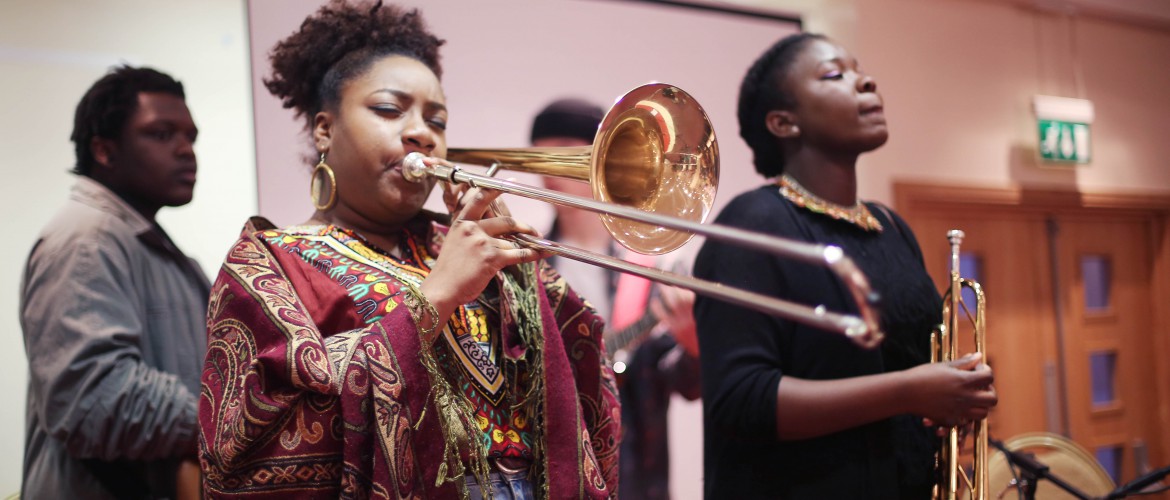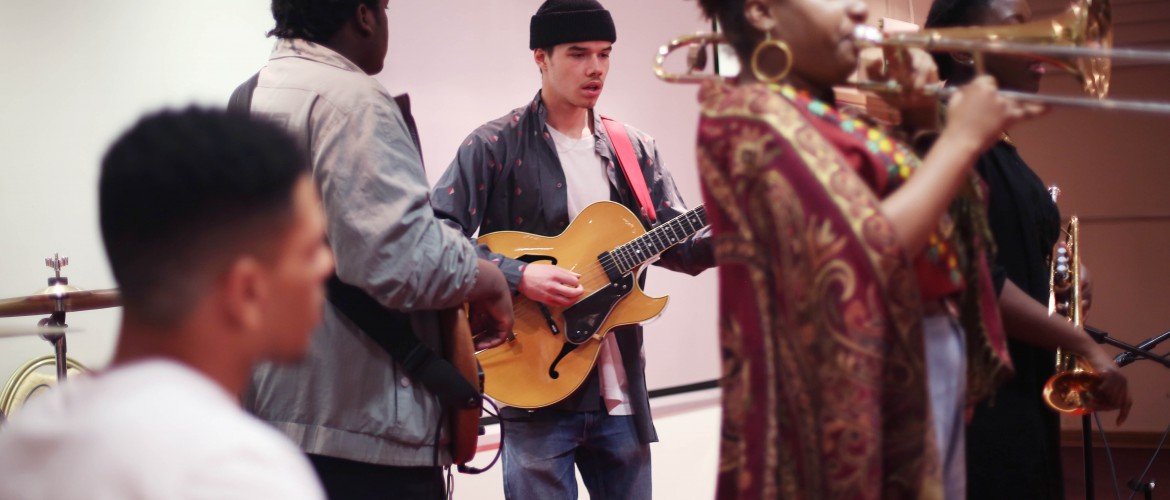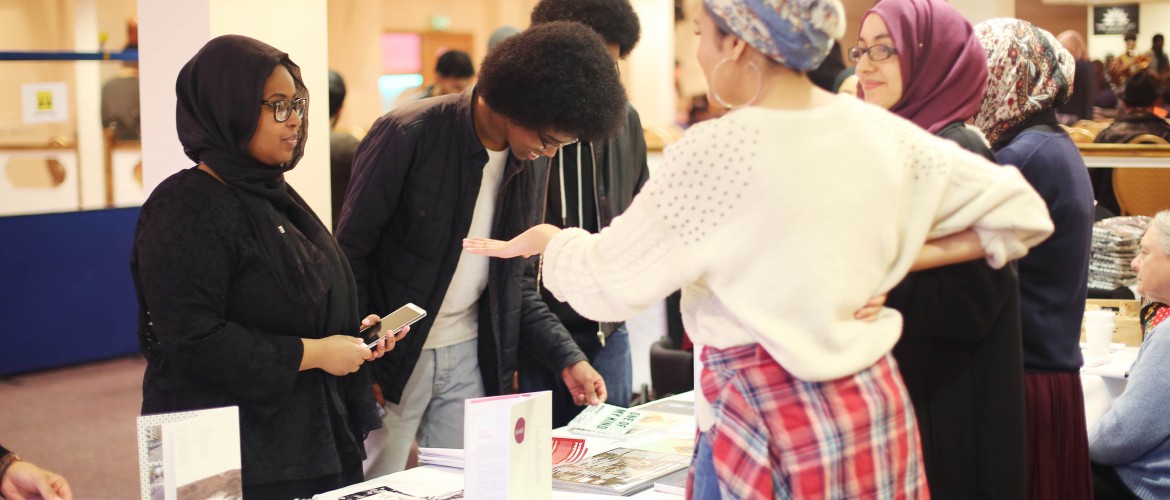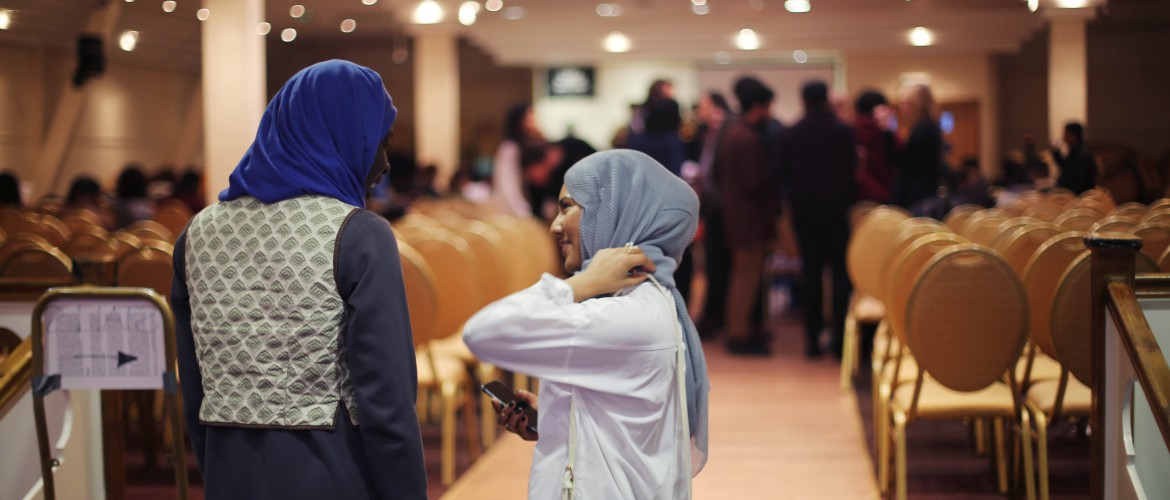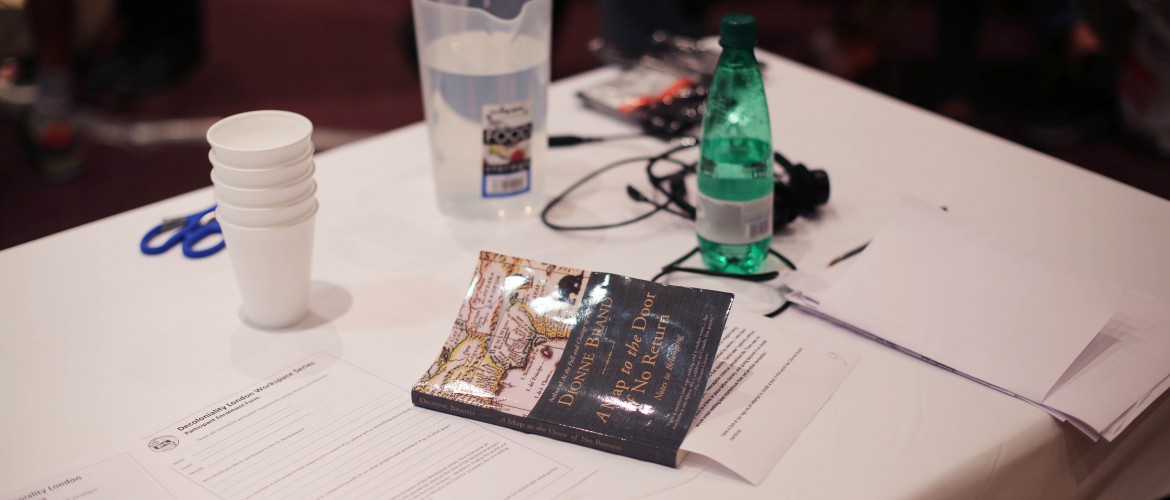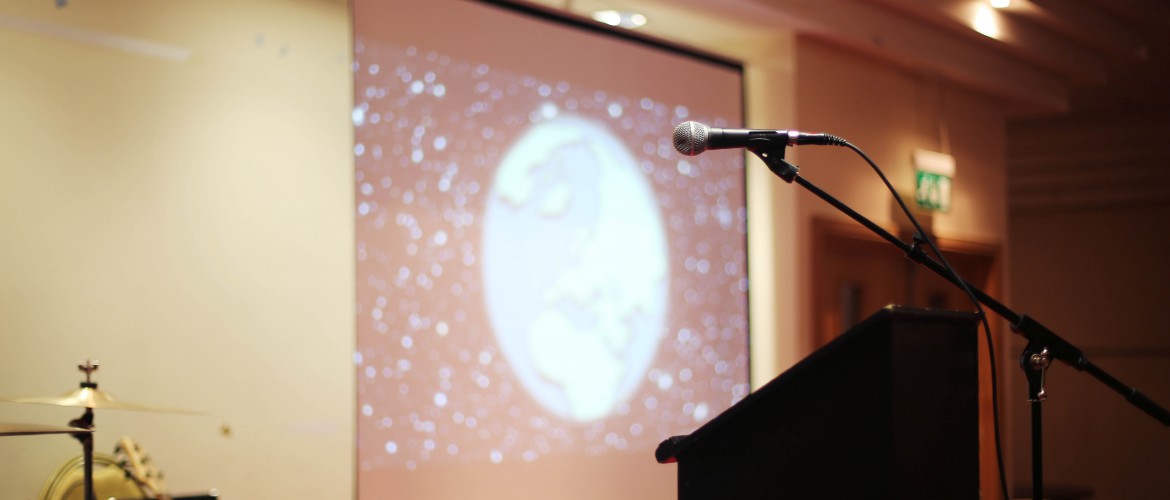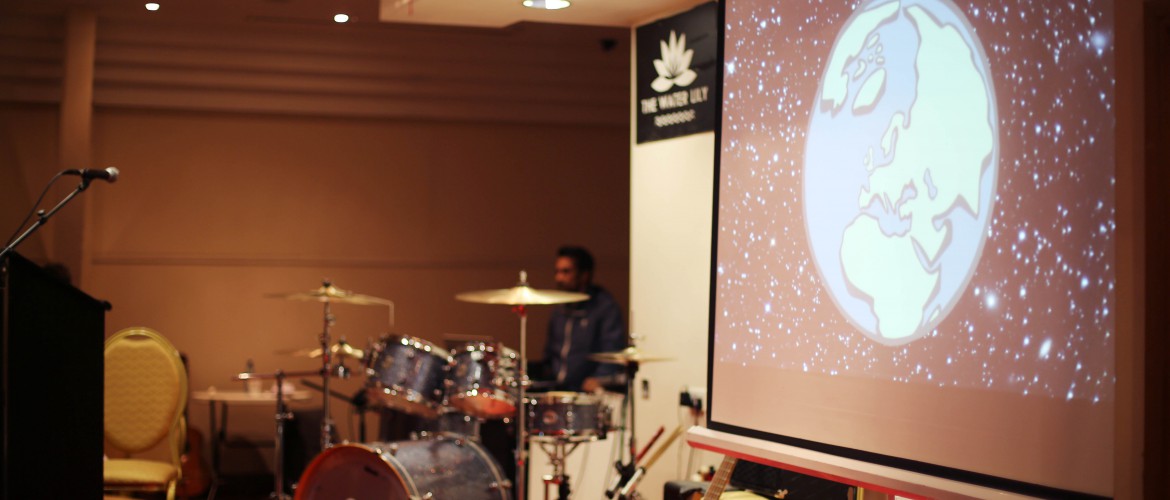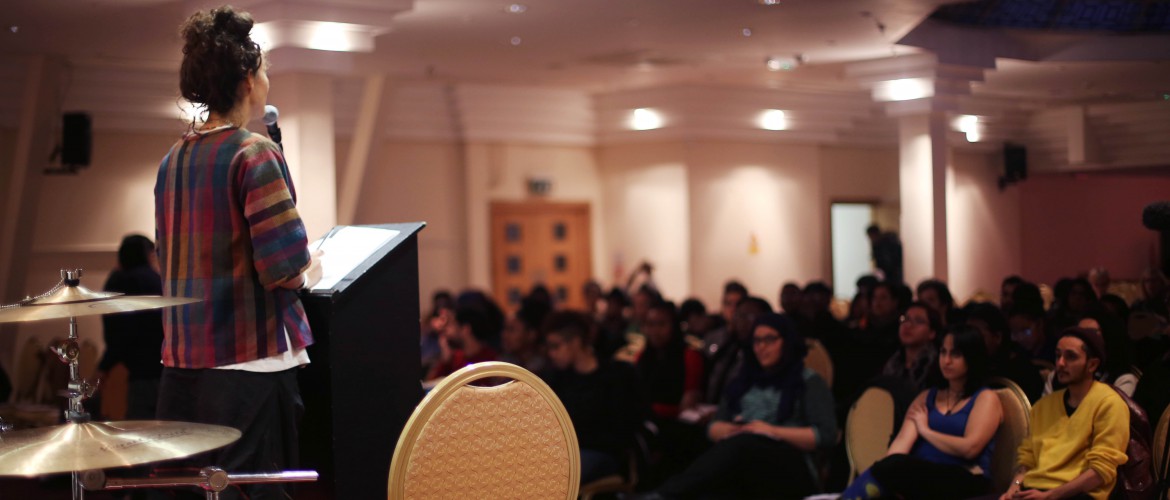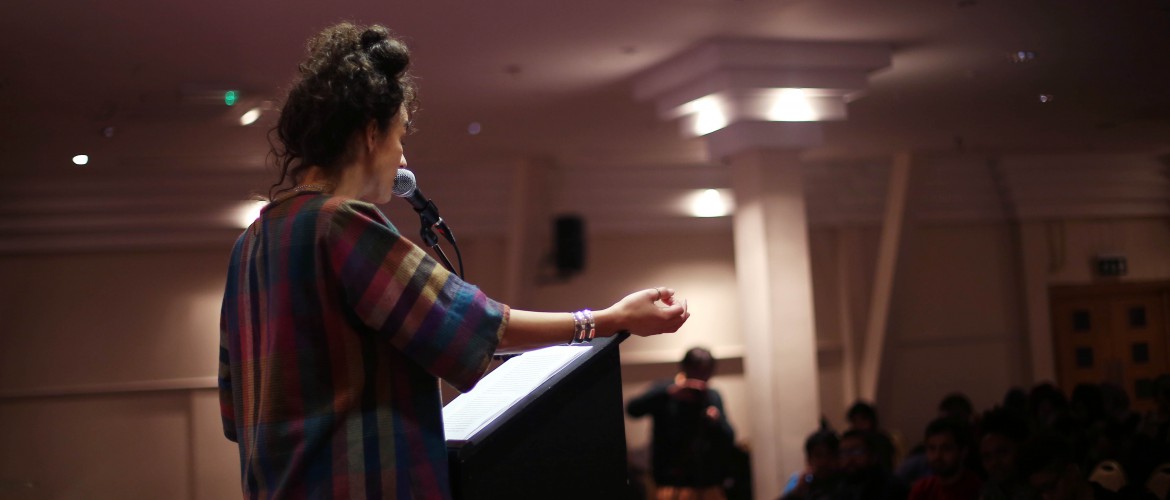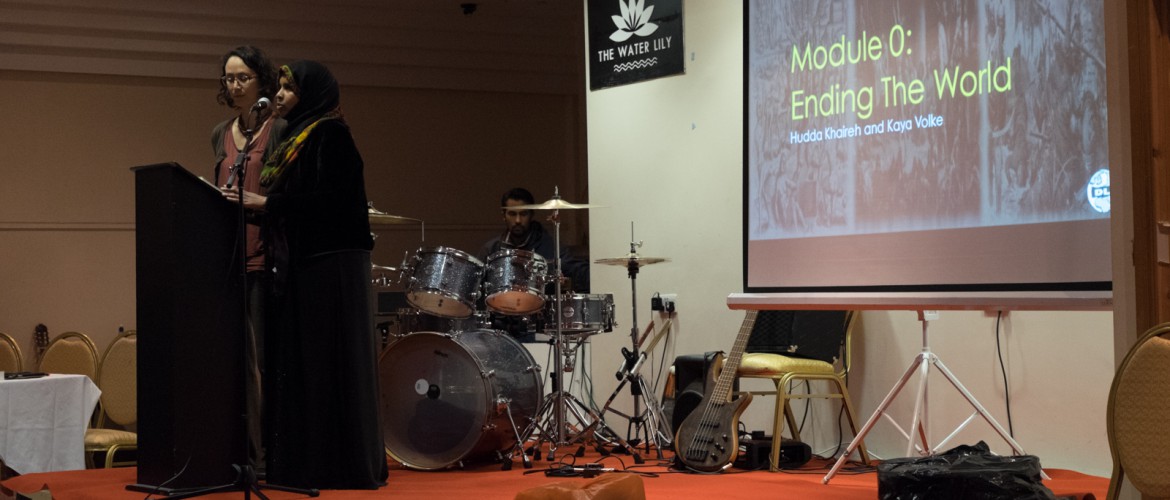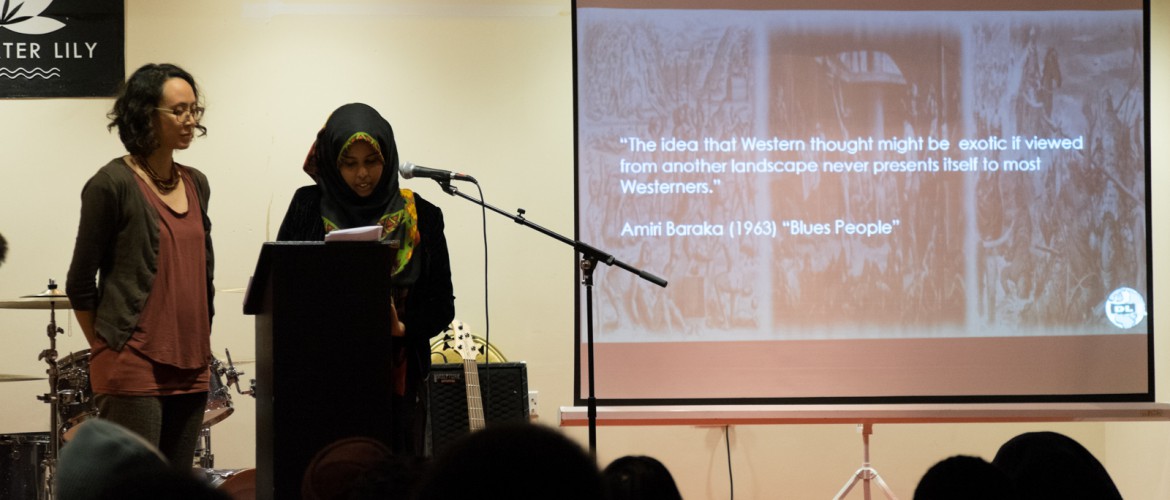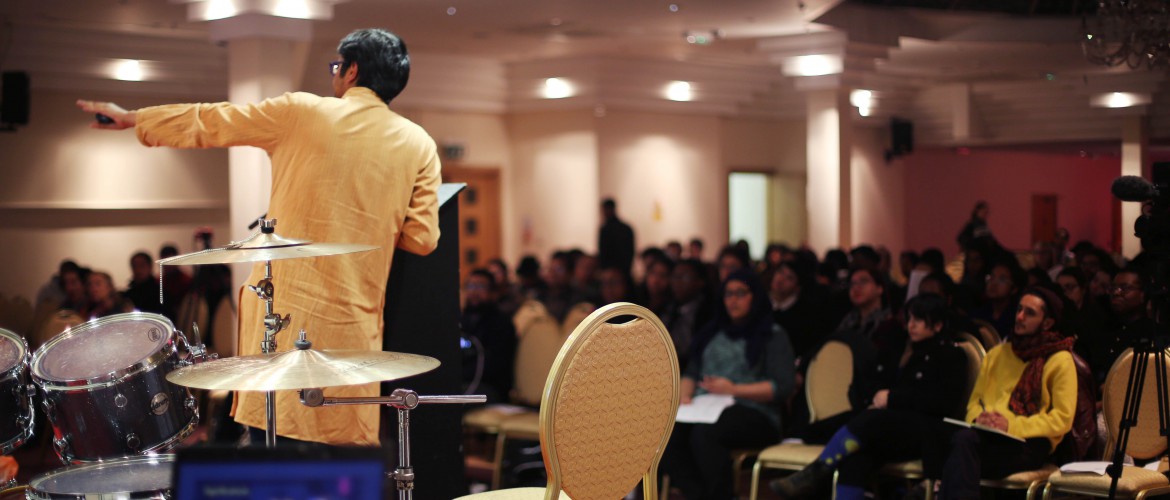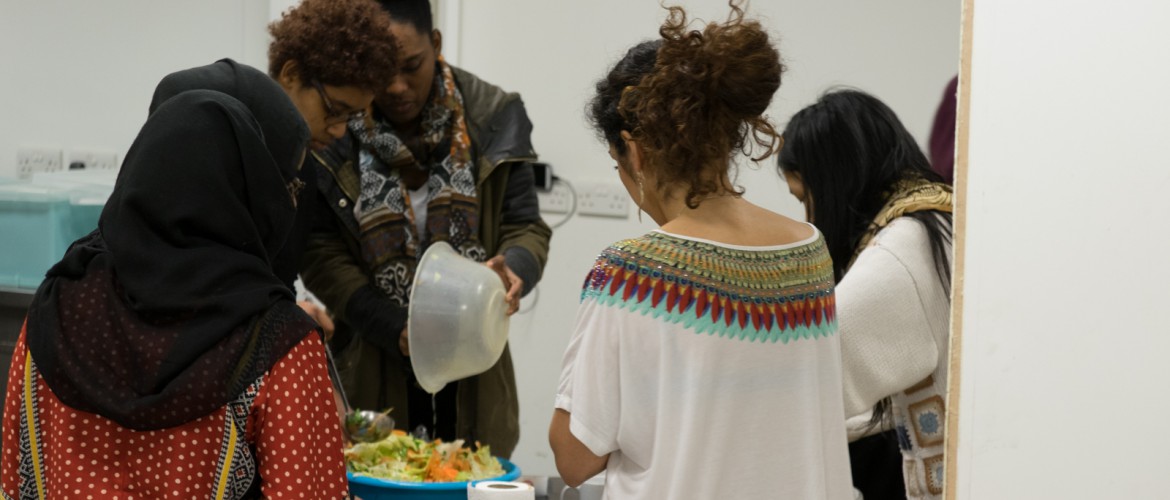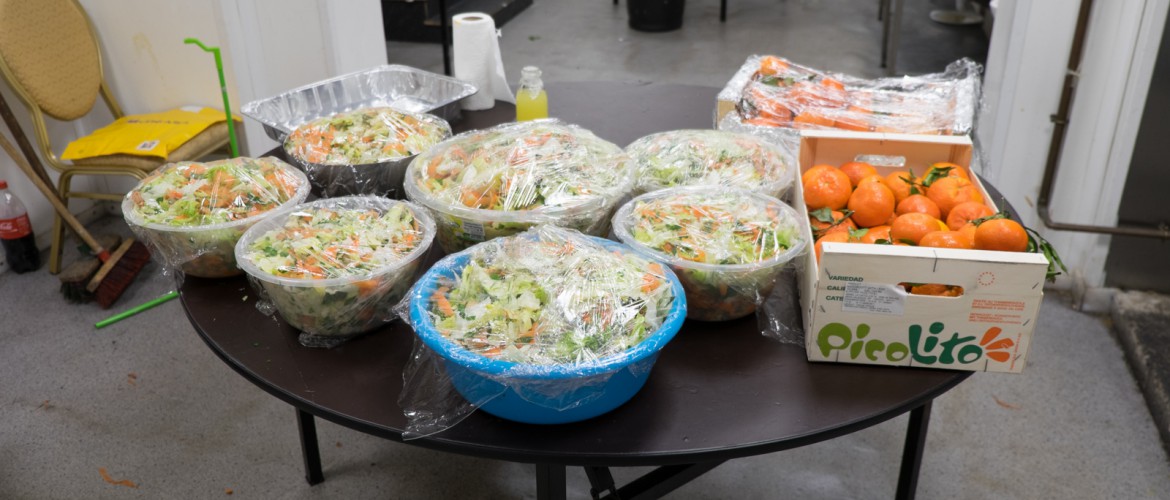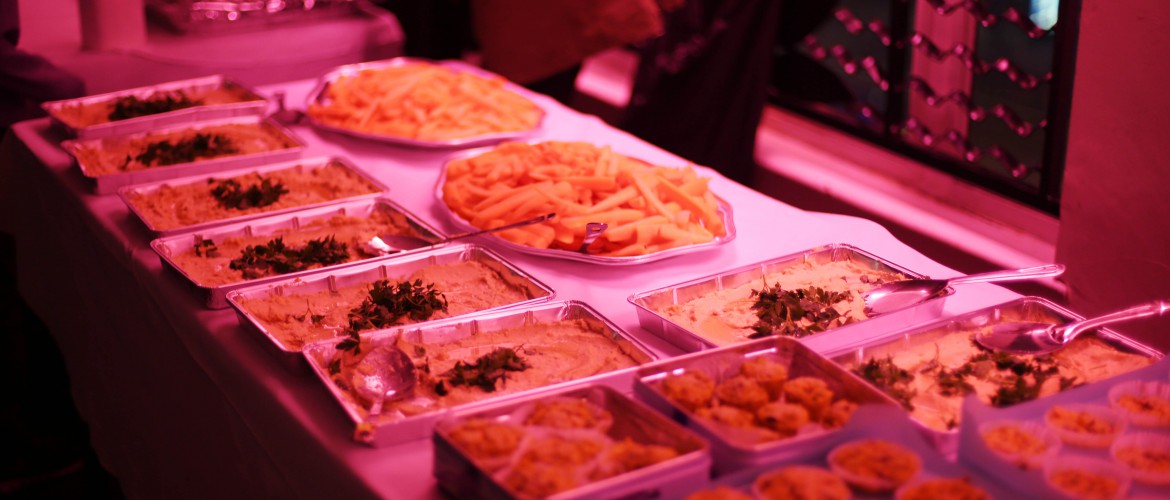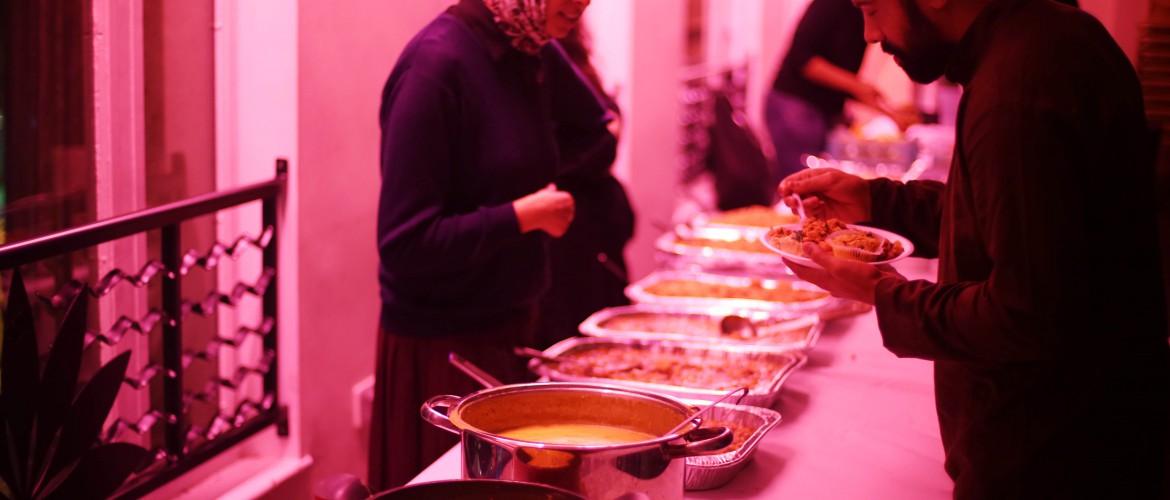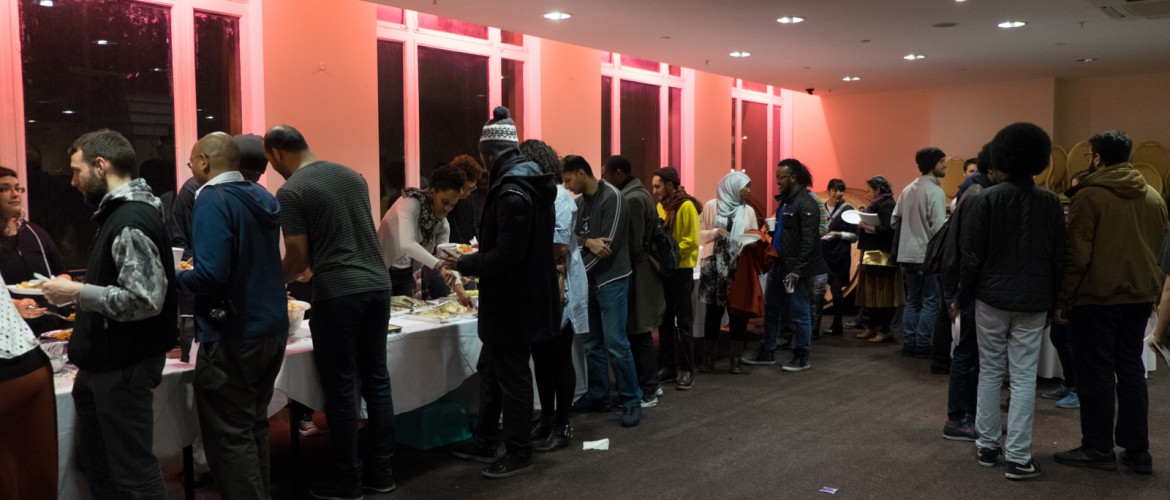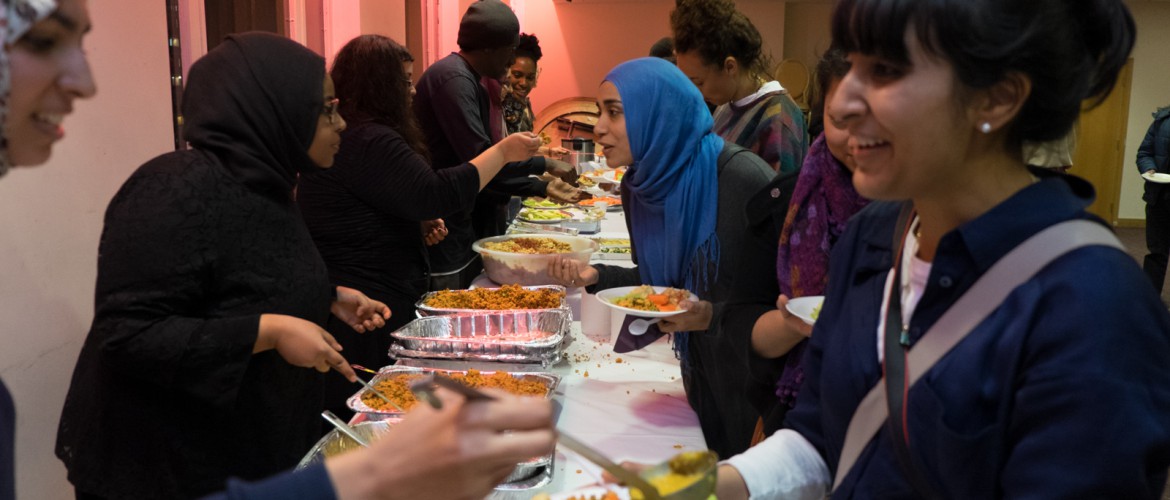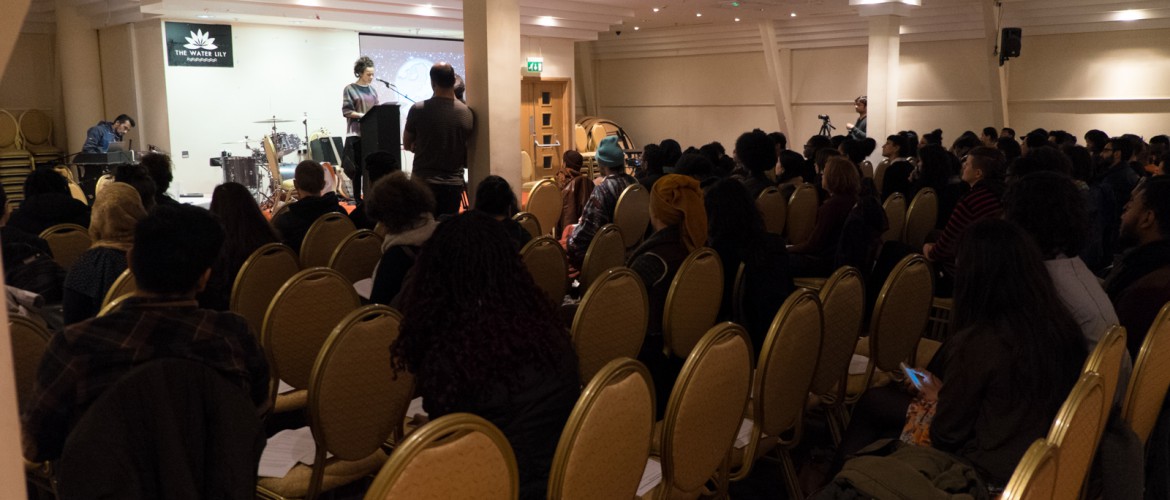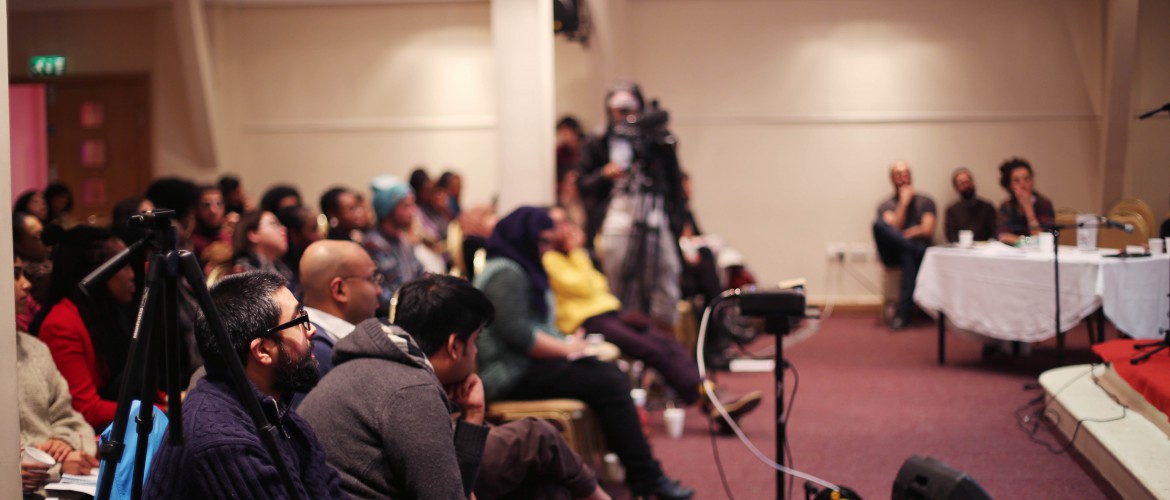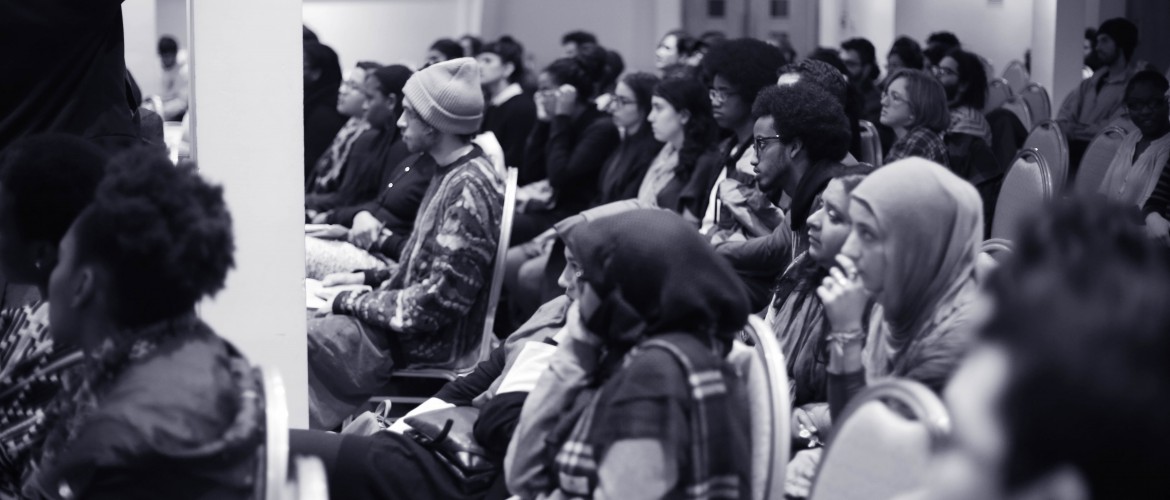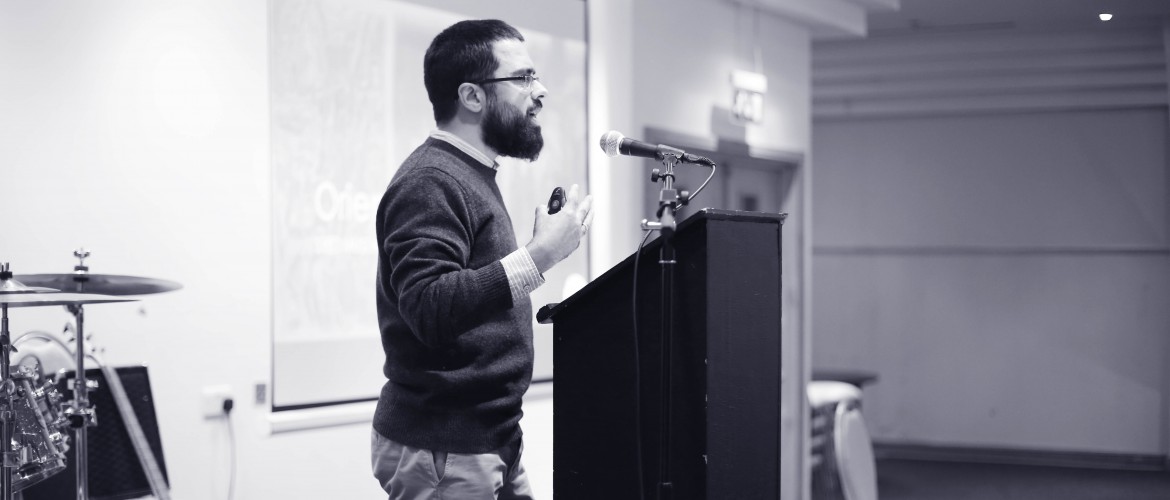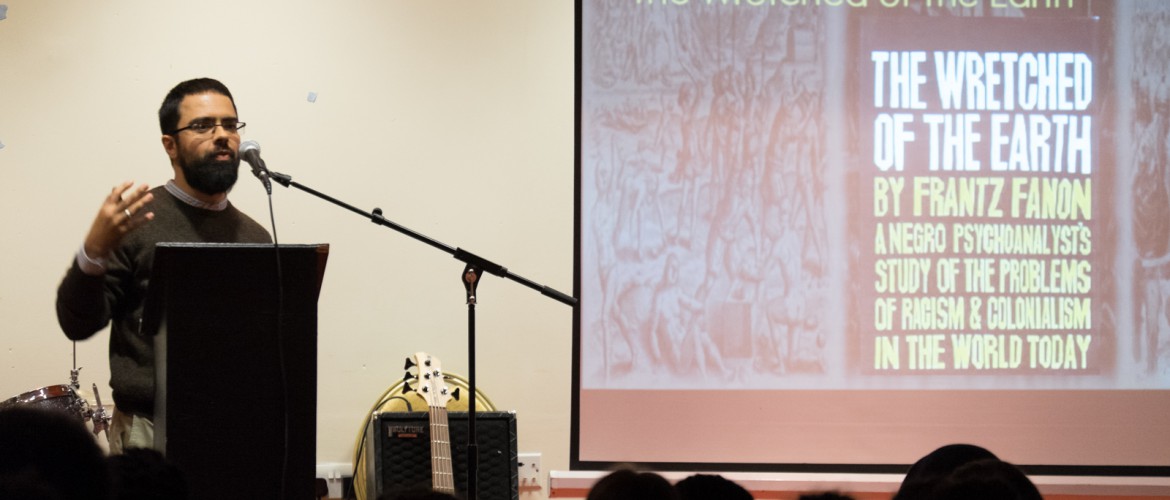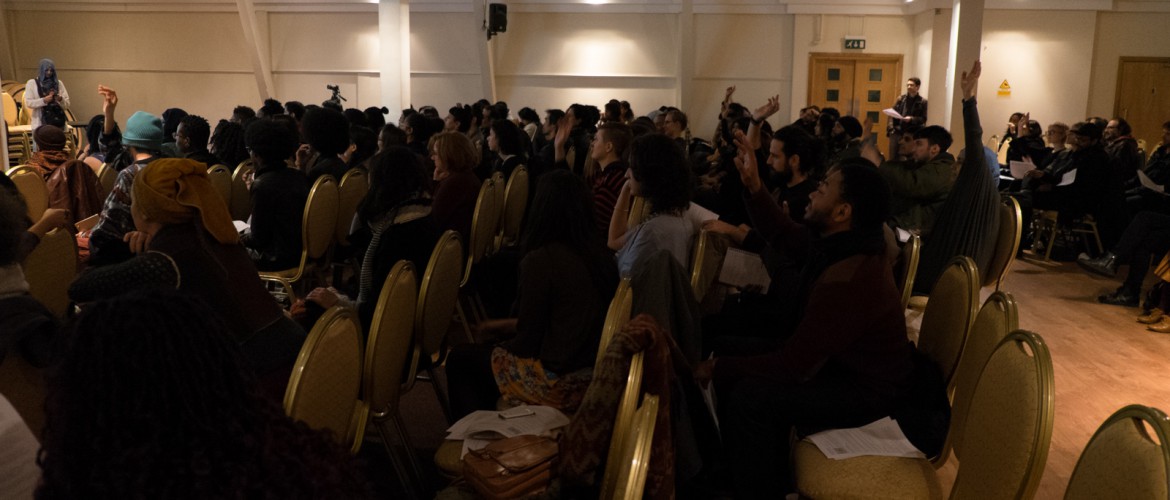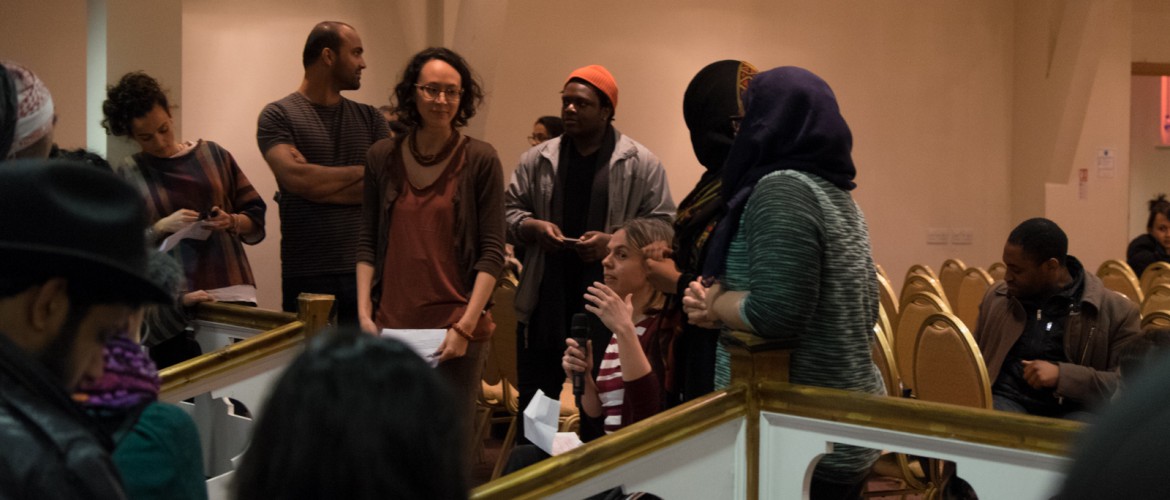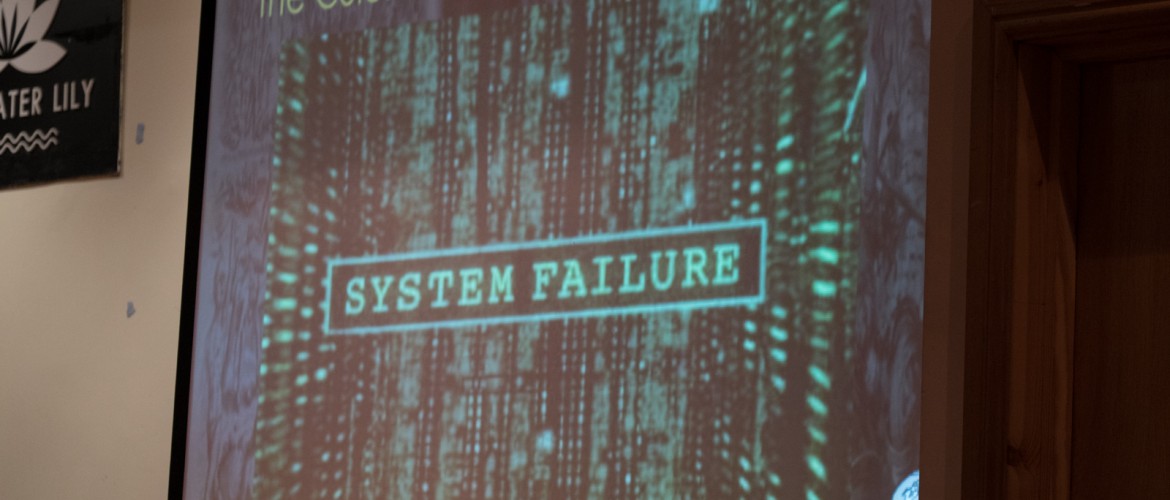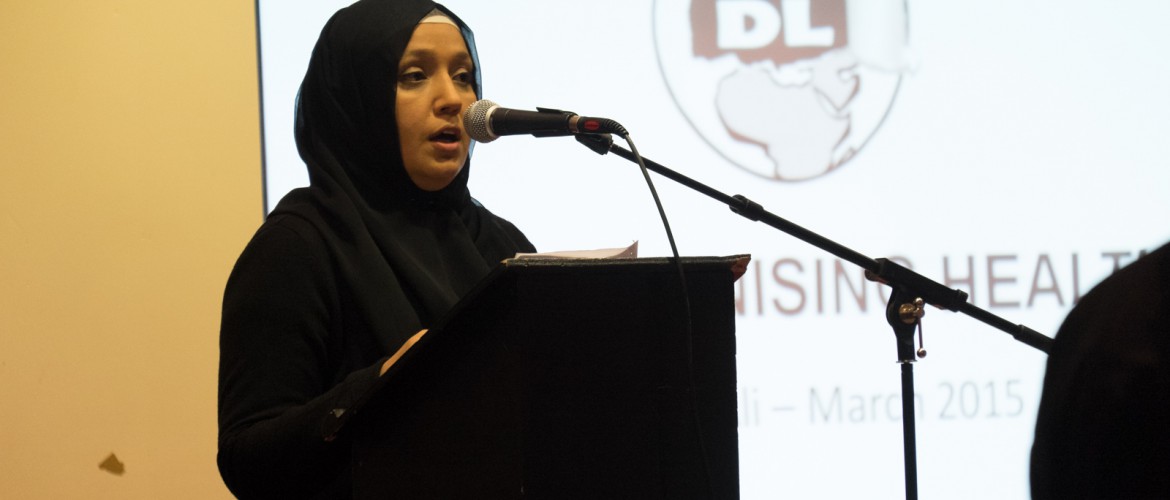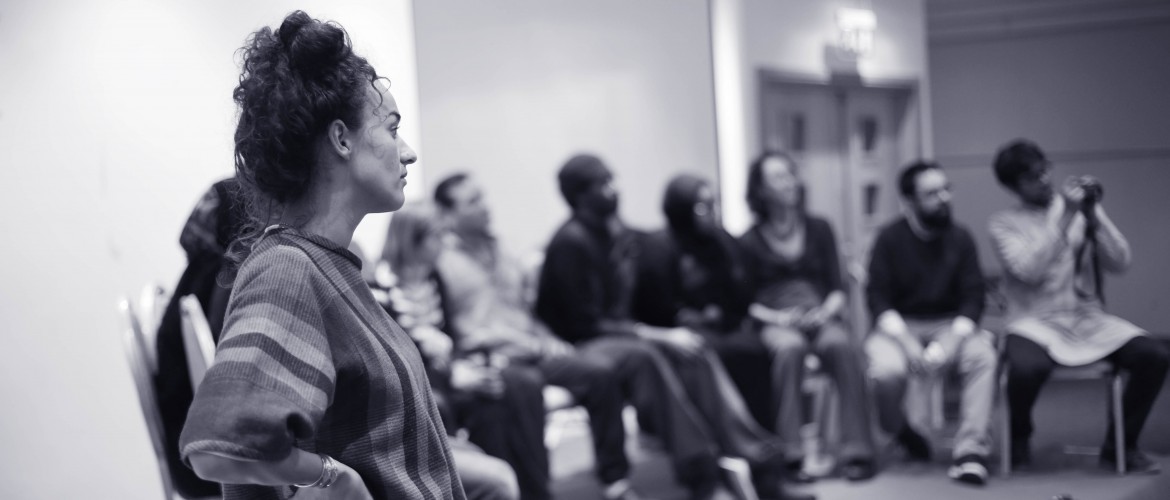Full text of introduction speech from DL Workspace Launch on 14th March 2015:
“I want to thank you on behalf of myself and my friends in the Decoloniality London network for coming to our event this evening and it is our hope that, by the day’s end, the interactions we’ll have had will have made it worth your time and effort. Ours may be a modest attempt at event organizing but the message and objective DL is trying to project on this evening is nothing short of an extremely ambitious task. Perhaps even an impossible one. But first a few words on who and what DL is.
DL did not form out of an already existing platform nor did it originate as some sort of offshoot of an established organization, rather, its formation can be thought of as being two-fold. In one way the various individuals of DL were already living, thinking, and working through an idea that came to them before any of them had ever met. And in the second instance, these same individuals thought about what it would mean to meditate on this idea and then proceed to actively extend the various movements across the Global South that are attempting to counter this idea by building a dialogue around it here in London. And in this regard, that idea does have an all-too familiar, an all-too visceral, and an all-too overwhelmingly real background. A background which DL will propose to name the historical and contemporary violence of coloniality and white supremacy racism.
Say for example the game hunt conducted by the British on the Tasmanian Aboriginal population in the 1820s, otherwise known as the Black War; or the Portuguese in 1509 executing the inhabitants of Ceylon, or present day Sri Lanka, by a method adored by the British later on known as blowing from the gun which entailed tying bodies up to the mouths of cannons; or still, the bio-war conducted on the Indian subcontinent by the British in 1876, the so-called Indian Famine; or the Putumayo in Latin America who were enslaved, tortured & genocided during the so-called rubber boom of the late 19th and early 20th centuries, and the Cinta Larga village which was annihilated as late as 1963 by way of dynamite, guns & knives; or the German scorched earth tactics on the people of Tanzania, Togo & Cameroon, and the round-up, medical experimentation and again, genocide, of the Herero and the Nama people in present day Namibia in 1904; or the scores of attacks on the American Indians both after the passing of laws such as the Indian Removal Act of 1830, the Trail of Tears of the 1830s, the Mendocino War in 1859, the Sand Creek Massacre of 1864, and also those earlier acts of European aggression such as the Napituca Massacre of 1539 by the Spanish, the Mystic Massacre of 1637 by the English, or the Pound Ridge Massacre of 1644 by the Dutch & the English; or the French death squads who brutalized Algerian civilians in the 1950s and taught Americans the techniques of colonial torture to use in Vietnam and Latin American dictatorships; or the so-called seasoning camps in the Caribbean where the newly arrived African slaves went through a process of conditioning and 5 million lost their lives throughout the period of the Middle Passage; or the rate of extermination of indigenous people that was so exponential in the first 50 years of Spanish rule in the Americas, that Bartholomeu Las Casas himself saw it fit to write an essay in 1542 entitled ‘A Short Account of the Destruction of the Indies’ so that his conscience as a Christian may find some relief; or perhaps those critical events of the 1490s, when the Moors were driven out of Andalucia, Columbus’s ships sailed out to colonize the New World, the Spanish & the Portuguese divided the earth into two hemispheres, and a new, modern regime of power relations began.
Now these dates are not strewn around for no reason. There is a consistent dynamic of power relations that not only operates globally, but actually forges what would become to be known as the globe. According to decolonial scholars of the Global South, the date of 1492 marks the big bang of the colonial architecture of the world, and that the Iberian peninsula becomes the crucible of race thinking as it informs the political, legal, economic, religious,philosophical, social and cultural spheres of life.
It is in this spirit of listening, really listening to the Global South and welcoming its ideas to fight back against the terrors of white supremacy racism in humility & respect, that DL was eventually formed to create physical & intellectual spaces to facilitate the production, collation, dissemination & application of decolonial thought and praxis. In other words, to be authorized in our practices by the decolonial cry in the South, so that it may be made audible here in the ethically deaf-mute Global North.
With regards to the name, Decoloniality London is not meant to stand for an entire metropolis in any representative capacity. Rather, it is hoped that the terms ‘Decoloniality’ and ‘London’ will serve as an ethical gesture to the city itself, its population, to come and share in the conversation. Not to cover over its already rich history of resistance against this power structure mentioned above, but to learn from them & their experiences; not to compete with other movements who have been engaged in these struggles for generations, but rather to receive their wisdom; and not to attack existing nodes within the global effort to decolonize the world as being too exclusive, but to extend our hands to them and work together. Decoloniality London is meant as an open welcoming gesture and not merely as a marker of a given territory.
There are already some projects that have tentatively begun to work to this end over the last couple of years and gradually have come to be part of the DL network. The aptly titled SOAS2 (2 because of its project for a counterpoint to the agenda proposed by SOAS as an institution under modernity/coloniality, and 2 because its acronym stands for School of Occidental and Aryan Studies, and not Oriental and African Studies). This is a research initiative within the network focusing on the production of materials about structural & systemic racism white supremacy, antiblackness, indigenous genocide, Islamophobia, Critical Feminism, amongst others. The fortnightly Reel Off film screenings which aim to interrogate the medium of film in order to enhance our knowledge of its treatment of political subjects, and to induce a critical reflection on the operating forms of power both on and behind the screen. The Transdisciplinary Collective, or TColl, a group dedicated to bridging the gap between academia and activism, or in other words, to make academics act, and activists read.The Everyday Racism project, which aims to create online platforms for the collation of stories of everyday acts of racist aggression, illuminating the links between the mundane & the incidental with the structural & systemic, and to encourage others to speak out against the transgressions they experience. Vitamin D, a podcast that interviews scholars, activists & artists working in some shape or form on decolonial thought & praxis. Bandung 2, a global movement of individuals guided by a critical Islamist perspective committed to replacing all man-made forms of supremacy with a system of justice. And Natureco, a movement focused on ways to decolonise health and move towards self-sufficiency.
Now, although a little bit of what the political and intellectual themes we want to address will be made clearer in the presentations to follow, just a few words on them here. DL takes seriously the primary role race played in the formation of the global order, as well as its essential significance in the contemporary moment. Amidst now seemingly normative ideas that will have us believe that to solve the problem of racism is either to prove the non-existence of races (‘we’re all one human race’) or condense our sense of antiracism down to individual lifestyle (‘I’m not a racist’), we would like to push the envelope further by insisting that race & racism structure our very capacity to utter these words in the first place. Accordingly, given the history of colonial violence and its immense territorial sphere of influence, DL is committed to the idea that this structure works globally and that each local manifestation of the ‘racial’ can be properly understood once this global structure is strategically revealed. Moreover, this structure positions every one of us in our actions, beliefs, motivations, tastes, inclinations etc. In other words acts of racism are not racism, though they are. Institutional racism is not racism, though it is. And perhaps even the term structural racism only goes so far in explaining how wide & how deep the paradigm of what thinkers from the global south have termed coloniality of power goes. That is, that the essential power differential that regulates our human relations and situates us within the structure, is that of colonial difference. Following from this we could say that coloniality is the economy and race is its currency.
We hope that what will make at least part of our future discussions is how we can move beyond age-old debates that seek to pit one analysis of structural position, say that of economically determined classes, against others in a sort of duel. Or even to question the presently fashionable way of rhetorically explaining away the question of structural position as an issue of varied & fluid overlapping identities. DL is not forwarding any idea that these concepts & the identities attached to them do not exist and that their voices should be discarded. Rather, DL is hoping to foster a dialogue truly pluriversal in nature so that discussion becomes about an honest appraisal of how these positions: black, white, native, woman, worker, etc. are related to one another as categories under the colonial system of power. If there is certain scepticism about how this may be achieved & that the urge to compare our realities will be too strong, I point no further than to the actual people that make up the network of DL so far, whose commitment to a pluriversal engagement with each other’s cosmologies, positionalities, experiences and so on, is what made possible to start working on this project to begin with. Thank you.”

